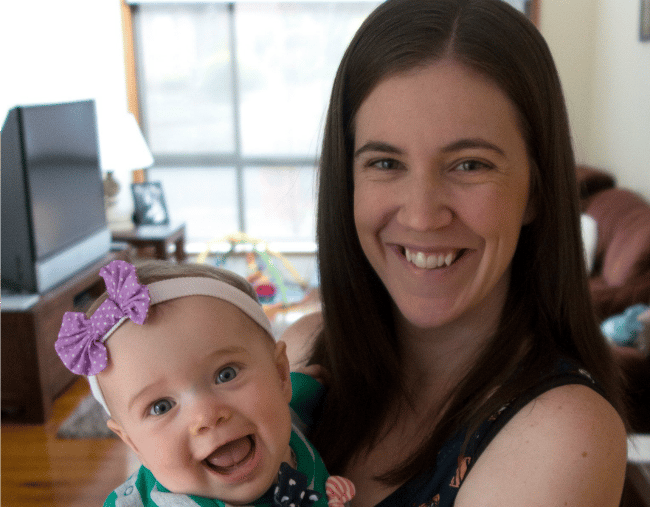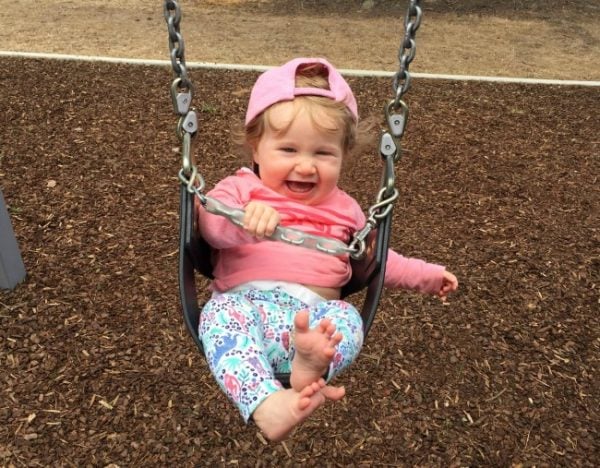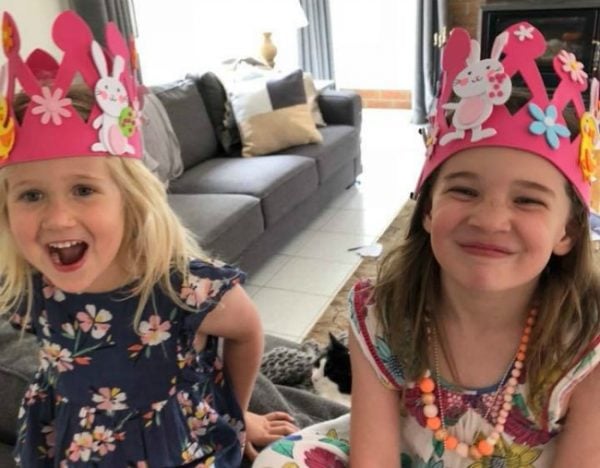
It’s no secret that the topic of babies and sleep is hotly debated. Everyone seems to have an opinion (whether you have kids of not) about when a baby should sleep, where a baby should sleep, how a baby should sleep and what temperature a baby should sleep in.
But the most controversial conversation seems to be about what to do if a baby doesn’t want to go to sleep or doesn’t stay asleep for very long. Dare I even say it? The widely discussed issue of sleep training. This seems to be a conversation that will never be settled and one that I have my own experience with.
After the birth of my first child in 2012, as is the case with many new mothers, or many mothers of newborns, I was awake most of the time. I breastfed on demand for the first few months and then after advice from midwives, lactation consultants and numerous other people, decided to establish a bit more of a routine.
Despite my best efforts, my daughter wasn’t a fan and due to the impact of sleep deprivation, I questioned my ability to be a good mother. I was irritable, tired, depressed, anxious and was desperate for some assistance. In addition to this, my daughter seemed to display a lot of these emotions herself. She didn’t seem content or happy when she was awake and overall our household was one of misery.



Top Comments
I think its controversial as people always think "Sleep training" means leaving your baby to cry indefinitely. My first I sleep trained at 9 months, he didn't cry for more than 3minutes and my second I just always put down in his cot fully awake from birth and he has never cried to sleep.
At the end of the day, having a cranky, depressed, sleep deprived mother is going to be a lot more traumatizing for a child in the long run. Before I sleep trained my first, I was bordering on having PND, I was so tired that I just wanted to sit at home and cry. After he started sleeping through I felt so alive, we went for walks, playdates, did crafts and really enjoyed his toddler years together!
Tresillian saved me and my relationship. I struggled with sleep issues with my twins - one was ALWAYS awake for most of the first year. Tresillian gave me a break when I hadn't slept more than 45 minutes in the first 12 weeks. They helped with a routine, and made sure I was plugged into the social support services I needed.
Those long hours in the middle of the night were what brought me to MM in the beginning! Engaging with the community here did save my sanity on more than one occasion as I did not feel so alone and isolated in those first few weeks and months.
TBH I don't really remember very much. I remember I was distraught and exhausted and very lost. With the benefit of hindsight, I think the best we can do for new mothers is to support them in WHATEVER they need to do to get some sleep, and I also should have accepted any offer of help that was made (I now realise people do genuinely want to help, but often need your guidance on what you need). Offer practical help with chores or take baby for a walk so she can have a rest. But non-judgemental support is critical more than anything else. And to remember, that this time will pass and one day they will eventually sleep through!